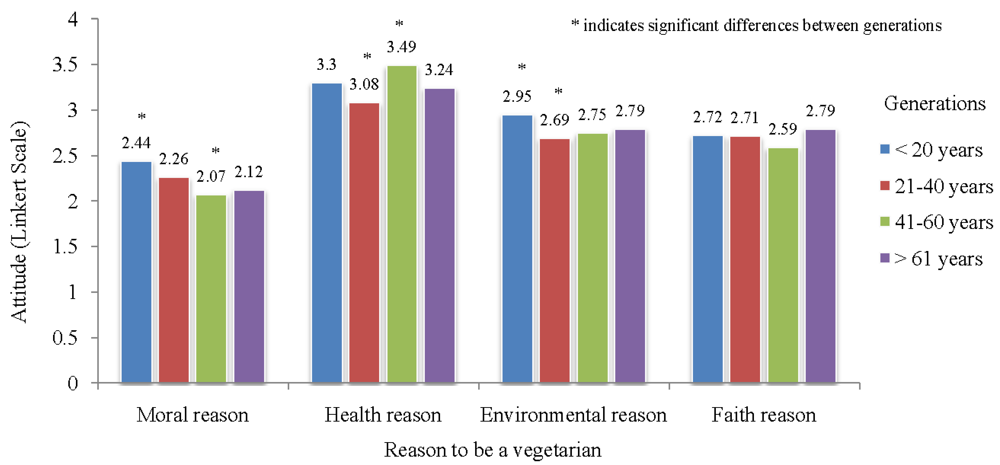Semantics is a battlefield. Words affect not only how we speak and describe things, but also how we think and understand things.Soycrates wrote: I think you can make an argument that a word gathers its meaning from its general usage when that word is a part of the general lexicon and not a word created and maintained by a minority of people. Otherwise, you're basically saying that the majority has more right to the terminology and ideologies of the minority than they themselves do.
When the original meaning seems to be a lost cause (or the original meaning isn't very useful), I generally fight for word meaning which is useful to accurately convey a concept, to prevent ambiguity or misunderstanding, but there's also an element of prudence when there are more than one competing and potentially coherent uses.
The meaning of Atheist and Agnostic is a big one today, which is slowly settling (and into something at least half-decent, although not what I would have liked it to mean).
We still have a few assholes like Chris from evilbible.com who insist that an atheist is only somebody who positively believes that no god exists, and rejects implicit/weak atheism as valid, but they seem to be falling by the wayside in favor of the more useful definition (both useful to understanding those who identify as Atheist, philosophically that its really a default position, and also more useful politically so we aren't seen as dogmatic ourselves and Atheism isn't taken as a religion).
The term "vegan" is also somewhat in flux, and we'll have a large part in determining how it lands, whether inclusive or exclusive, or more descriptively useful with prefixes as vegetarian and atheist ended up. How Volenta puts it above is probably how it will settle into common usage (outside and inside the community).
The lucky thing for us, whether atheist or vegan, is that the average Joe usually accepts correction on definition when it's explained to him by somebody who identifies as in that group. But it is worth thinking about not only what's descriptive, but what could be more useful to the movement itself in the long run -- and there's a calculus to that, which I don't think has been fully worked out yet.
